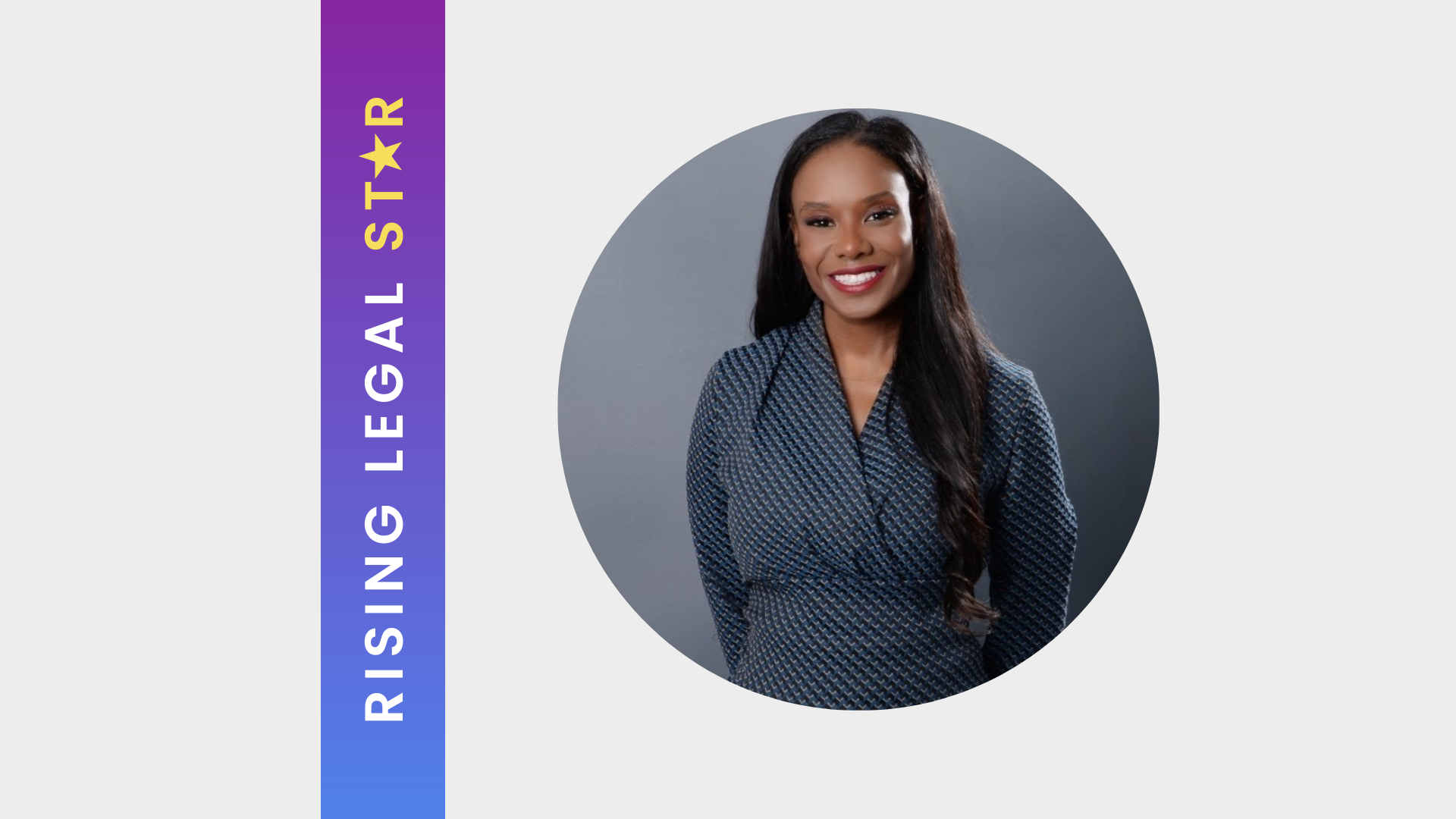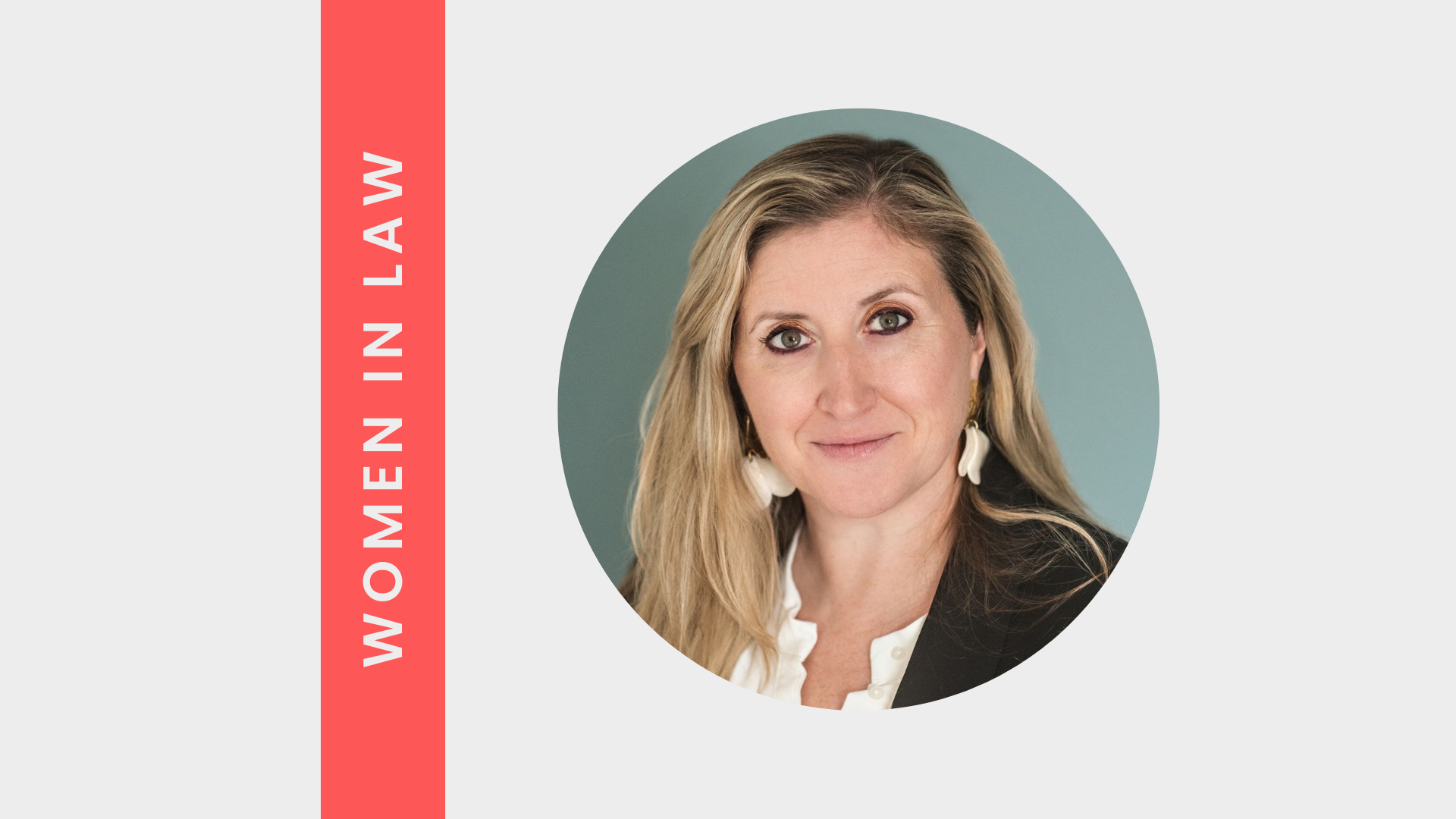Inspiring Business Women: Larissa Tan
Larissa Tan is the CEO at Vanda Electrics. She is an experienced senior management executive with a demonstrated history of working in the strategic branding and marketing space for automotive, luxury, consumer and heavy industries. Skilled in Strategic Branding, Integrated Marketing, Advertising, Retail, and e-Commerce, she is a strong business development professional with a proven record of setting up distribution channels, dealing with backend and general management.
Could you tell us a little bit about your career?
I started in Banking in the late 1990s at the beginning of the first Asian financial crisis. It was a very traditional working environment, with a desk, a computer and a landline. Banking was a natural choice for me because I did Economics, and then Financial Management as my Master's, but I realised early on that it wasn’t the right path for me and that Marketing and Branding suited me more. Then, when I was at Royal Bank of Canada, I met someone who was less traditional in terms of management thinking and the way he hired talent. He compared finding talent to dating, where it's all about personality fit rather than skill sets, which wasn't the norm back then. He wanted a certain attitude for his company and even though I was in Finance, after six months of meeting for coffees, he asked me to work for him. It wasn't about a certain role, it was about working out what I could do for them, which was very empowering.
Do you think that would have happened with a larger, more traditional firm?
No. A lot of traditional firms have a very fixed mindset of who they want to hire, which I think is a big mistake. I'm not saying everyone should be offered positions to do whatever they want, because those coffees were actually informal interviews, but I do think firms should try to understand personalities more and take a chance on a person. That opportunity allowed me to move into Marketing and Branding, which I later took into jewellery, creating international brands for a Singapore company that wholesaled internationally. The interesting thing about jewellery, by the way, is that people assume it's a female industry, but it isn't. Majority of the clientele may be, but many of the owners and the diamond wholesalers are men. Then after jewellery, I moved to Wong Fong Industries as their CMO to work in heavy industry, which was very different again.
How have you made these career decisions along the way?
What interests me most is building a business – and it doesn't necessarily matter what industry it is. For example, Wong Fong Industries was a 50-year-old company that really needed to rebrand. It wasn't that I wanted to sell waste management trucks, but that they wanted to IPO and they needed a strategic rebrand in order for them to list. It also doesn't matter whether you have any experience in that industry. I have 20 years’ experience in Marketing and though the industries may change, the skillset doesn’t. It doesn't take long to learn about a product or an industry, but skillset, attitude and personality are different. 30 years’ experience in an industry doesn't automatically give you any creativity or the critical thinking required to make a difference.
How did you come to be at Vanda Electrics?
The opportunity came when the founder of Vanda Electrics, who had designed the electric supercar, decided that the time was right to build it after many years on the drawing board. Technology had finally caught up with the design ethos; manufacturing was also more affordable, so it became possible to start building. I was initially asked to help with the marketing and fundraising. Then in 2015, Williams Advanced Engineering came on board as a technical and engineering partner to build the concept car, so we incorporated the company and shortly after, they needed a CEO who could take the brand international and make inroads into the luxury consumer market.
Looking back on your career, what are some of the key moments that have either helped or hindered you in getting to where you are today?
There’s no one thing that has helped or hindered me. Attitude is a big plus and as for the other things that have helped me, I'm very grateful to the people who have given me a chance, especially at the more senior positions. In terms of the things that have probably hindered me, I imagine I was either oblivious to them or choose to ignore most of them. My career has been quite non-traditional in that I haven't been in a single industry for the majority of it and being industry-agnostic has possibly hindered me. A lot of hiring mindsets haven't changed and there is still that cookie-cutter approach of looking at how many years you have been in a certain industry, because it’s a safe bet from an HR point of view.
Do you have a role model or a mentor?
I don't have a specific mentor or role model. What I've done over the years is to observe certain people that have inspired me. There's no one person I have wanted to emulate, but it's more parts of different people that I look up to.
What advice might you give to a mentee?
That there is no right way to think and there is no wrong way to think. My very first boss was very traditional and authoritarian. He was really hard on you if you so much as questioned him, which I occasionally did, just as a client might, and the consequences were terrible. You might think things have changed over 20 years, but someone told me recently, "I would hire you, but I don't think I can control you." The delivery might be different there, but the message that you can’t have your own opinion is still the same. My advice would be to ignore these potential obstacles and stand by your own opinions.
Do you think that gender has ever hindered you?
I don't think so. If I start looking at gender as a hindrance, then that’s all I’ll see and everything I do, there will be constraints. I've worked in a lot of male-dominated industries, and if I look at them that way, they will always be "male-dominated". Instead, by looking at them as “not having enough women”, they become an opportunity. It's all about the right attitude. If you keep looking at a company or industry as not being diverse, that's all you’ll see.
How do you balance having a family with a successful career?
You have to put the idea of work/life balance out of your mind. I'm a mother first and a CEO second. If you understand what your responsibilities are and to whom and where they come in, you can then schedule yourself around that. Technology makes that easier with remote working, so I prefer to look at my life as a whole rather than work and personal, using the tools we have to make it all work as a whole. Every working mother has their own unique situation though, but this is what works for me.
Do you believe that there is still a glass ceiling for women in the workplace, or has it changed?
The term wasn't mentioned as much 20 years ago, but a glass ceiling did exist, and it probably is still there today, but again it's how you frame it. If you believe there's a ceiling, then it will be there. If you see there's no ceiling, then there's just sky. It's all about how you approach it.
What obstacles do you foresee for future generations of women and is there anything that we can start to do about them?
There are many things that we can start to do – firstly, we can stop talking about it so much. I didn't realise it was such an issue until a couple of years ago when diversity and inclusion become buzzwords. Maybe I had blinkers on, chasing my own career, but while I think it's good to raise awareness and have platforms for issues, I sometimes feel it can be a bit overdone. If we stop talking about it quite so much, it might make things easier for everybody: men won't have to be so overly cautious when speaking to women, for example, and women won't have any sense of self-entitlement that they should get a role because of their gender. There's a real danger that women on boards will start to be perceived as being there because they're women, rather than because they're capable or have worked hard to get there, which would be one step forward, two steps back. Equal opportunities are more important for me - both genders should be able to fight on an equal platform for the same opportunity, regardless of gender.
What is your advice to leaders who want to create a more diverse and inclusive culture?
It's important to remember that they are two different things. You can be diverse but not inclusive. Similarly, you can meet quotas on gender, race, minorities, but still not be truly diverse, because what you need to be successful is the diversity in thinking experience. If large companies only hire from the big banks or the Big Four, or those graduated from Harvard or Stanford, they’re only going to get people with a similar way of thinking and with similar backgrounds. Innovation doesn't happen if you keep hiring the same types of people. You need to start hiring people cross-industry who have different experiences.
What advice would you give to women looking to make a career in your industry?
Rather than thinking about standard career questions, think about the problems you are inspired to solve. Remember too that it doesn't matter what background or industry experience you have, if you're passionate about something, you will find the right skills and knowledge. Those are the sort of people you want in your company. I moved into industries and roles where I thought I could do something and add value, rather than only considering the next logical move that was one step up or lateral. If you're not passionate about what you do, you won't get anywhere.
Are there any things that you are doing to help emerging female leaders?
I've done lots of talks and summits on gender parity and diversity and inclusion, and while I realise it's not going to change the world or change every hiring manager's mind, I hope that it helps people look within themselves to change how they think. If it removes mental obstacles for some people, then that's great.
Is there anything else you'd like to add in terms of the benefits of diversity?
Every industry can benefit from having diverse and inclusive teams, but a lot of that falls onto HR, which as a function is still in a period of change. While HR functions may have evolved, I think it remains to be seen whether that evolution has been effective because I don't see significant changes happening yet and people are still hiring in the same way. We may have moved a lot of things around the table, but no one has actually shifted the table yet. If I have a role I need to fill and I know the type of individual I want, then HR should be able to find that person creatively rather than simply create a criteria checklist based on the job description and risk filtering out potentially perfect candidates. There needs to be a real change in the hiring process, moving the entire table in my analogy, for the full effects to be seen. Workplaces are changing dramatically right now, and a mindset shift on hiring, talent management and the role of HR has become imperative. It’s time to change.
Our latest insights







